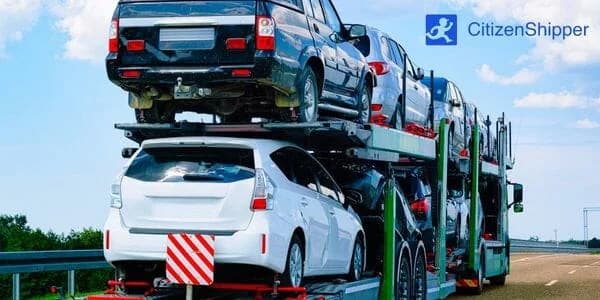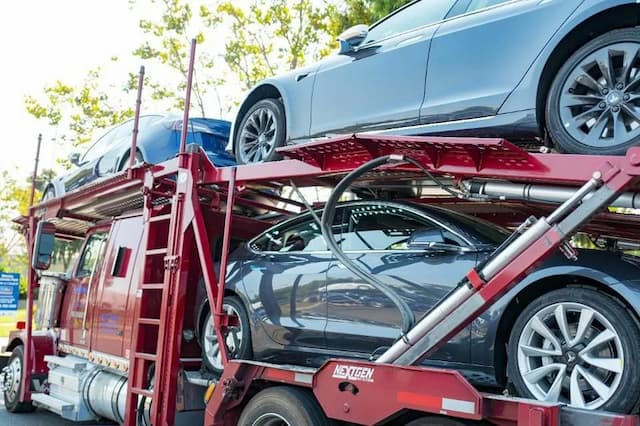Navigating Car Transport in San Antonio, TX
When it comes to shipping your car in Texas, there's a world of factors to consider. Texas, with its vast expanse, diverse climate conditions, and unique transportation challenges, presents a distinct set of circumstances. But don't worry! Here at CitizenShipper, we are committed to helping you navigate through it all. Whether you're moving into or out of San Antonio or need to transport your car for any reason, our expert team is here to help.
Texas's Vehicle Transportation Laws & Regulations
In Texas, car transportation laws and regulations are in place to ensure the safety and preservation of all vehicles and public roadways. Auto transporters must adhere to the Federal Motor Carrier Safety Administration (FMCSA) regulations for safety. Compliance involves ensuring that all vehicles are properly secured during transport and maintaining necessary documents for every shipped vehicle.
All auto transporters operating in Texas must also possess an active MC Docket number, issued by the FMCSA. This number signifies that a transportation company is registered under the federal government, allowing them to legally operate across state lines. Texas Department of Motor Vehicles also requires transporters to maintain proper insurance coverage with specific liability minimums to protect your vehicle during transit.
Weather & Terrain Considerations in San Antonio, TX
Weather patterns in San Antonio, TX have a significant impact on car shipping. With a hot, semi-arid climate, anticipate extremely hot summers with temperatures regularly exceeding 90°F and mild winters. Flash flooding can occur during heavy rainfall periods, particularly in the spring and fall, which may temporarily impact transportation routes and schedules.
San Antonio's terrain is predominantly flat to gently rolling, situated at the edge of the Texas Hill Country. While the city itself doesn't present major geographical challenges for auto transport, routes heading northwest into the Hill Country may encounter more varied terrain. The city's location along major interstate highways (I-10, I-35, and I-37) makes it a well-connected hub for auto transport, though heavy traffic during rush hours and construction zones can cause delays. It's advisable to plan shipments with flexibility, especially during summer months when extreme heat can affect transport equipment.








